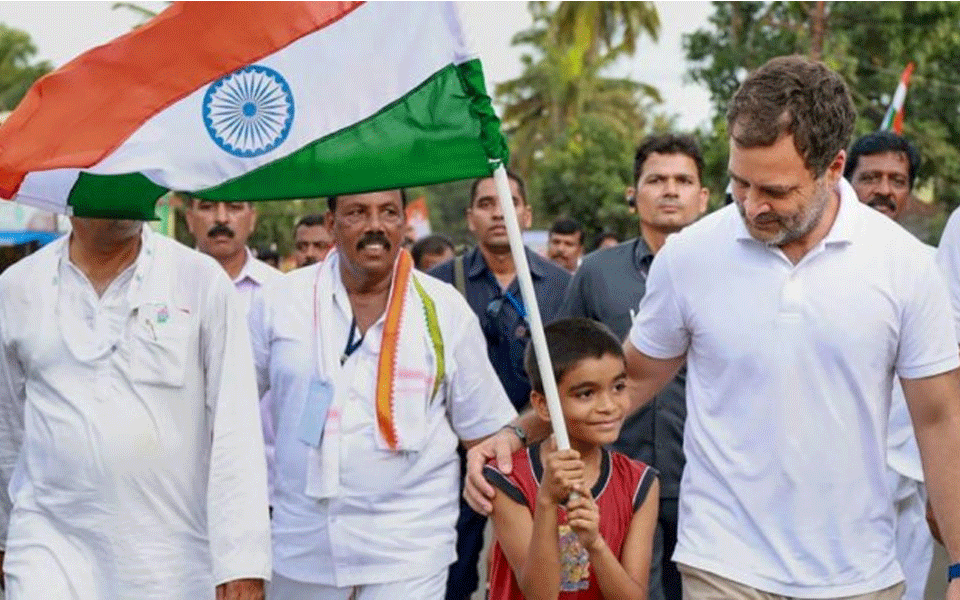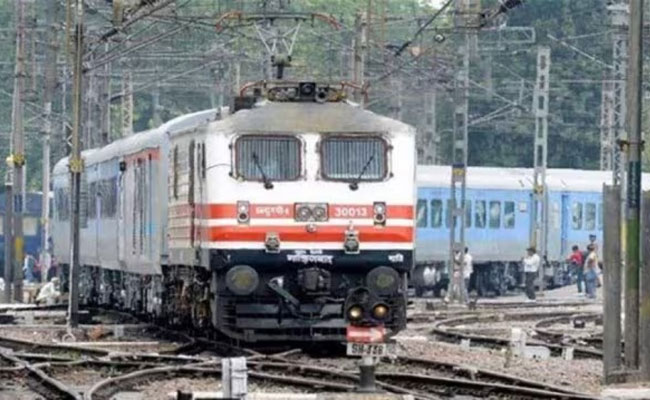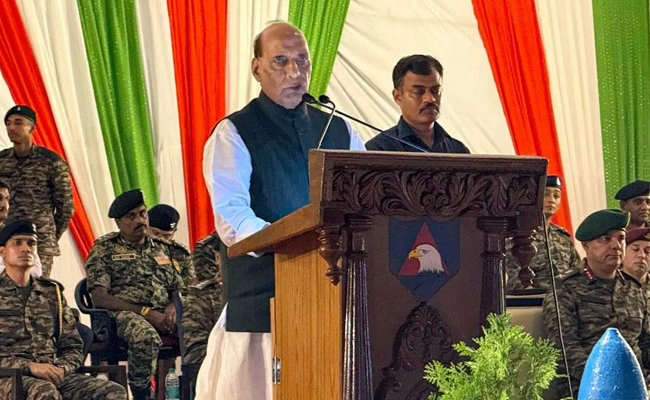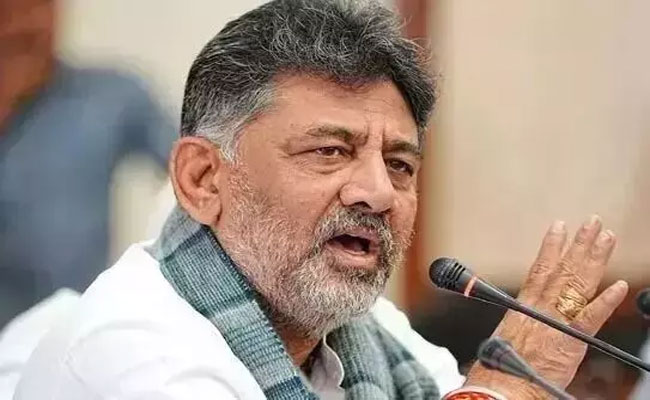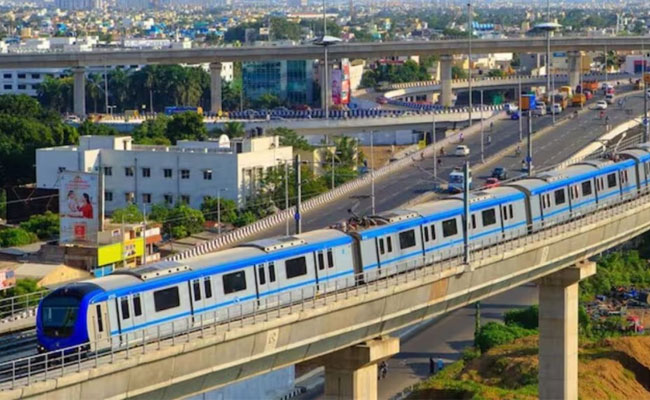Ballari (PTI): To celebrate the Bharat Jodo Yatra reaching the 1,000-km milestone, Congress leader Rahul Gandhi will address a mega public meeting in Ballari in poll-bound Karnataka on Saturday.
After a night halt at the Halakundhi Math on Friday, Gandhi resumed his march on Saturday to reach Kamma Bhavan in the district headquarters town of Ballari.
The public meeting will take place at the Municipal Ground in the afternoon.
Top Congress leaders, including Chhattisgarh and Rajasthan chief ministers Bhupesh Baghel and Ashok Gehlot, former chief ministers Siddaramaiah, Kamal Nath, and Selja Kumari, Randeep Singh Surjewala and Digvijaya Singh will attend the event in Ballari.
With just six months left for the assembly elections, the Congress in Karnataka is pinning high hopes on the yatra led by Gandhi as well as the public meeting in Ballari -- being seen as the party's mega show of strength.
Ballari had witnessed a 320-km 'padayatra' by Congress stalwart Siddaramaiah back in 2010 against the alleged illegal mining by the Reddy brothers under the BJP rule.
The march against G Janardhana Reddy, Karunakara Reddy and Somashekara Reddy was a major turning point for the Congress as it helped sharpen its attack on the then Chief Minister B S Yediyurappa and unseat the BJP government.
The Congress had won the 2013 assembly polls in the state.
Leading the Bharat Jodo Yatra, Gandhi has so far covered four states -- Tamil Nadu, Kerala, Karnataka and Andhra Pradesh.
On Saturday morning, hundreds of people lined up on both sides of the road to greet Gandhi as his caravan moved ahead amidst drumbeats and sloganeering.
The route was dotted with festoons, banners, posters and Congress flags while several people shook hands, hugged and interacted with Gandhi.
The Bharat Jodo Yatra entered Karnataka on September 30 and will make a final exit on October 20 after covering 511 km in 21 days. The yatra is aimed at uniting India against the divisive forces.
Let the Truth be known. If you read VB and like VB, please be a VB Supporter and Help us deliver the Truth to one and all.
Bengaluru: The Karnataka High Court has ordered that no trees should be cut or damaged on over eight acres of land near Cantonment Railway Station, where a suburban rail project has been proposed, The New Indian Express reported on Thursday.
The order was reportedly issued by a division bench of Chief Justice Vibhu Bakhru and Justice CM Poonacha after hearing a PIL filed by former MLA AT Ramaswamy and three others. Notices were issued to the state government, central government, Karnataka Biodiversity Board and the tree officer.
Countering the apprehension expressed by the counsel for petitioners over the move to axe trees, the Additional Solicitor General of India (on behalf of the Centre), submitted that the state has rightly withdrawn the notification as it was issued without consulting the Centre.
ALSO READ: BJP state chief Vijayendra accuses Cong govt of corruption, Shivakumar hits back
Also, the petition is premature as the application has been made to the tree officer seeking permission to cut trees for the suburban rail project on the land in question, he said.
The petitioners reportedly said the land is an old green space with 371 large trees and forms part of the Cantonment Railway Station area. They argued that a public notice was issued in April inviting objections to the plan to remove 368 trees for the suburban rail project.
The notice stated that the commercial development project will come up on the land measuring 34,856 sq mts, which has been leased to a private company.
They also pointed out that the state government had earlier decided to declare the area a biodiversity heritage site, but the notification was withdrawn in December without explanation.
They termed the decision atrocious and the reasons given absurd. The petitioners alleged that, “It is very clear that all is not well with the state, which has taken a retrograde decision, though it is a matter of grave concern, which will have an adverse impact on Bengaluru’s environment.”

